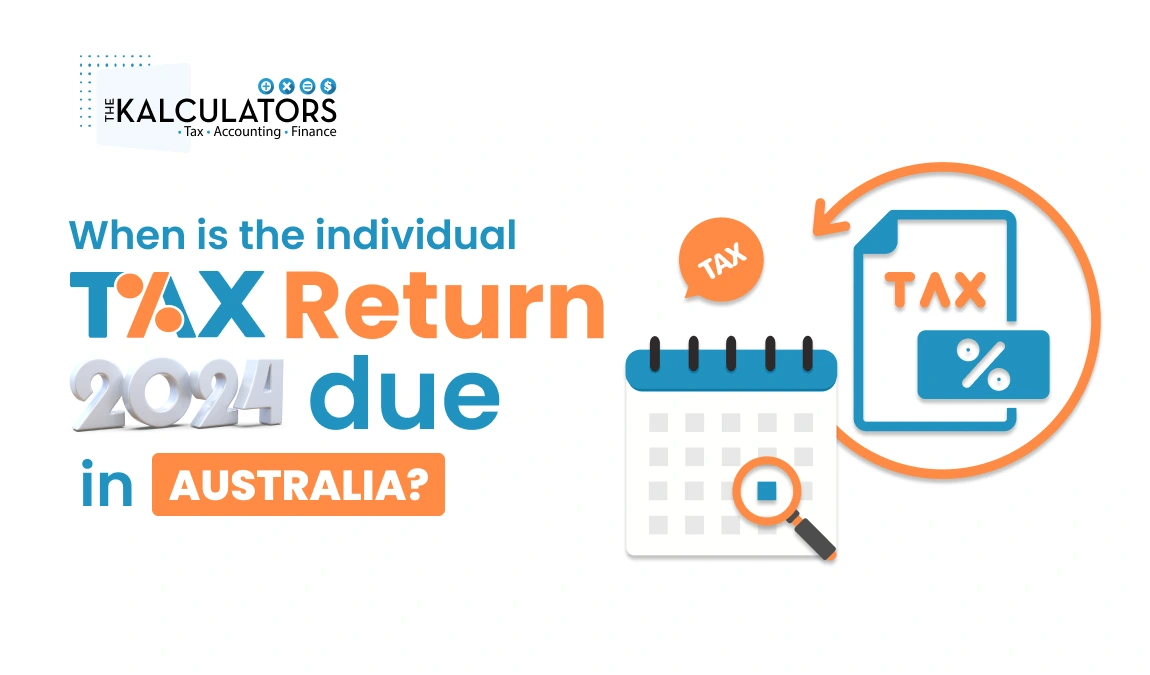Discovering the Advantages of Filing a Tax Return: Optimize Your Tax Reimbursement This Year
Filing a Tax return is usually perceived as a challenging job, yet it plays a crucial duty in boosting your monetary standing. By methodically reporting income and leveraging offered deductions and credit scores, individuals can tap into the possibility for considerable tax reimbursements. Additionally, adhering to tax obligation laws lessens the risk of penalties. Comprehending the subtleties of this procedure can disclose forgot possibilities for financial savings. As we discover the numerous aspects of tax obligation declaring, it becomes evident that the advantages expand beyond plain conformity-- what methods can you adopt to ensure you are not leaving money on the table?
Significance of Filing a Tax Return
Submitting a Tax return is a considerable responsibility for companies and individuals alike, as it offers both conformity and economic administration functions. Complying with tax obligation laws is essential, as falling short to submit can cause considerable charges, rate of interest costs, and prospective lawful effects. By sending an income tax return, individuals and organizations show their commitment to fulfilling their civic tasks and add to the performance of civil services.
Additionally, submitting an income tax return provides an opportunity for taxpayers to examine their monetary circumstance. It permits them to track income, expenditures, and overall monetary health and wellness, which can notify future budgeting and financial investment choices. For lots of, tax returns are a portal to prospective refunds, as overpayment of taxes throughout the year can be redeemed, offering a much-needed financial increase.
Additionally, the income tax return process can facilitate accessibility to numerous economic product or services. Lenders commonly call for tax returns when determining creditworthiness for fundings or home mortgages, making it vital for people and companies looking for economic aid. Finally, submitting a Tax return is not simply a regulative commitment; it is a substantial action in preserving economic integrity and revealing prospective advantages.
Recognizing Tax Obligation Reductions
Tax obligation reductions are often forgotten yet play a vital role in reducing gross income and maximizing possible refunds. Comprehending the numerous types of tax deductions available can substantially influence your overall tax responsibility. Reductions can be classified into 2 primary types: itemized reductions and standard reductions.
The standard deduction is a fixed dollar amount that taxpayers can deduct from their earnings, varying based on declaring status. For many individuals, especially those without substantial itemizable costs, taking the typical reduction is helpful. On the various other hand, itemized deductions permit taxpayers to listing eligible costs, such as home mortgage interest, clinical expenditures, and philanthropic contributions, potentially yielding a greater reduction than the common choice.
It's important to keep precise records of all deductible costs throughout the year to assure you record every eligible deduction. Furthermore, certain deductions might go through limitations or phase-outs based on earnings levels. Acquainting yourself with these subtleties can assist you tactically plan your financial resources and optimize your income tax return. By recognizing and leveraging tax obligation reductions properly, taxpayers can lower their gross income and boost their general tax obligation reimbursement.
Exploring Tax Credit Scores
Optimizing your tax cost savings involves understanding the various sorts of tax obligation debts offered to you. Tax credit ratings straight lower your tax obligation obligation dollar for buck, making them a lot more helpful than deductions, which only lower your taxable linked here revenue.
There are two key categories of tax obligation credit ratings: refundable and nonrefundable. Nonrefundable credit ratings can reduce your tax liability to zero but will not cause a reimbursement if the credit rating surpasses your tax obligation owed. Refundable credit ratings, on the various other hand, can create a reimbursement also if you have no tax responsibility, making them particularly helpful for lower-income taxpayers.
Usual tax obligation credit histories consist of the Earned Revenue Tax Credit (EITC), which supports low to moderate-income working family members and people, and the Child Tax Debt, which provides economic alleviation for taxpayers with dependent kids. Education-related credit scores, such as the American Chance Credit Scores and the Life Time Discovering Credit history, assistance balance out the prices of greater education.
Usual Blunders to Stay Clear Of
Maneuvering the complexities of tax obligation returns can lead to a number of usual mistakes that taxpayers ought to recognize. One significant error is falling short to report all resources of income. Even tiny amounts from sideline or freelance work should be consisted of, as the internal revenue service obtains duplicates of all income declarations.
One more constant mistake involves forgeting reductions or credit histories for which one is eligible. Taxpayers need to extensively look into possible deductions, such as for student financings or clinical expenses, to avoid leaving money on the table.
Additionally, mistakes in individual details, such as Social Safety and security numbers or filing status, can delay processing and refunds. It is crucial to verify all details before submission to ensure precision.
Filing late or ignoring to submit altogether can likewise lead to charges and missed out on possibilities for refunds. Taxpayers must be conscious of deadlines and plan appropriately.
Last but not least, lots of individuals neglect to keep comprehensive records of expenses and sustaining files. Organized documentation is basic for corroborating insurance claims and assisting in any future audits. By avoiding these common errors, taxpayers can enhance their declaring process and improve their prospective refunds.
Tips for Optimizing Your Refund

Following, think about adding to retired life accounts, such as an IRA. Contributions made prior to the tax obligation deadline can be subtracted, possibly raising your reimbursement. Furthermore, if you are self-employed, be certain to account for business-related expenses that can reduce your taxable earnings.
Another vital approach is to submit your return electronically. E-filing not just speeds up the processing time however additionally minimizes errors that can happen with paper submissions. Furthermore, validate that you select the appropriate filing status; this can considerably influence wikipedia reference your tax price tax filing companies near me and qualification for specific debts.
Finally, maintain thorough records throughout the year. Organizing receipts and economic records can streamline the declaring process and help you identify potential deductions that you could or else miss out on. By taking these steps, you position on your own to obtain the optimum reimbursement feasible.
Verdict

By systematically reporting revenue and leveraging available deductions and credit scores, people can touch right into the potential for significant tax reimbursements. For several, tax returns are an entrance to prospective reimbursements, as overpayment of tax obligations throughout the year can be redeemed, offering a much-needed financial boost.
Comprehending the different kinds of tax obligation reductions available can significantly affect your general tax obligation responsibility. Online tax return Australia. By leveraging and comprehending tax deductions successfully, taxpayers can minimize their taxed revenue and boost their total tax obligation reimbursement
